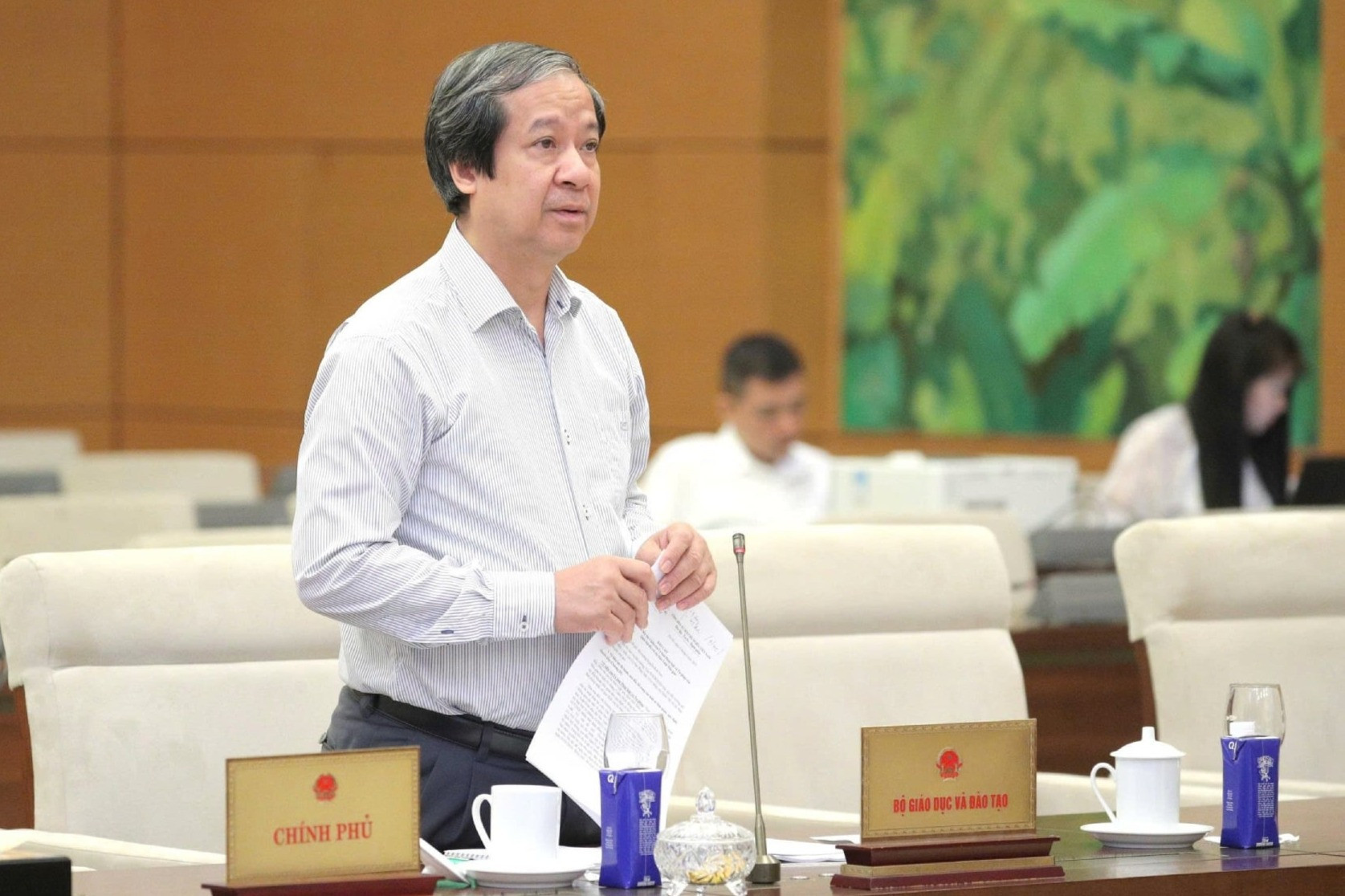This morning, the Standing Committee of the National Assembly reviewed and discussed the revised draft of the Teachers' Law, including regulations on private tutoring - one of the most debated issues in recent years.
The Standing Committee on Culture and Society clarified in its report that the draft law does not ban all forms of tutoring, but stipulates that teachers must not coerce students into taking extra lessons in any form, aiming to curb the rampant and often exploitative tutoring market.
Flexible approach urged, not outright bans

Currently, the Ministry of Education and Training (MOET) has issued Circular 29, which prohibits teachers from tutoring students whom they directly teach in class. However, several members of the Standing Committee raised concerns about this rigid rule.
Nguyen Thanh Hai, Chair of the Committee on Deputies’ Affairs, emphasized that tutoring is a real and legitimate need, calling for a legal framework that ensures no one can exploit it for profit. She questioned the lack of a clear definition of “extra tutoring” in the draft law and warned that many teachers now tutor online via Zoom or Google Meet - an area difficult to monitor.
“There are still cases where students are forced to submit 'voluntary applications' for tutoring,” Hai noted, implying that coercion can be subtle and hard to detect.
Hai also drew comparisons to the medical field, where doctors may offer consultations outside office hours. “If classroom teaching is insufficient or students want to improve, why not allow them to seek help from the same teacher - whether or not a fee is charged?” she asked.
Deputy National Assembly Chair Tran Quang Phuong agreed that coercion must be banned but disagreed with the complete ban on teachers tutoring their own students. He noted that many students may only absorb 30-40% of classroom material and prefer learning from their own teachers, who best understand their learning needs.
“A teacher who teaches a student daily is the one most familiar with their strengths and weaknesses. The rule should focus on avoiding coercion, not banning beneficial learning support,” Phuong emphasized.
In response, Education Minister Nguyen Kim Son said that tutoring is defined within Circular 29 as extra lessons conducted outside official curriculum hours for students in general education or continuing education programs.
He defended the prohibition, explaining that it is grounded more in educational ethics than technical regulation. Teachers, he argued, are obligated to fulfill their teaching duties within official classroom hours. If they fail to do so, and instead charge students for completing that duty after hours, it creates room for ethical misconduct and poor performance during regular instruction.
However, he clarified that teachers are still permitted to offer supplementary lessons for weak or high-achieving students preparing for graduation exams, provided such sessions are conducted within the school under clear guidelines. This measure ensures accountability while still supporting students who need extra help.
Tran Thuong